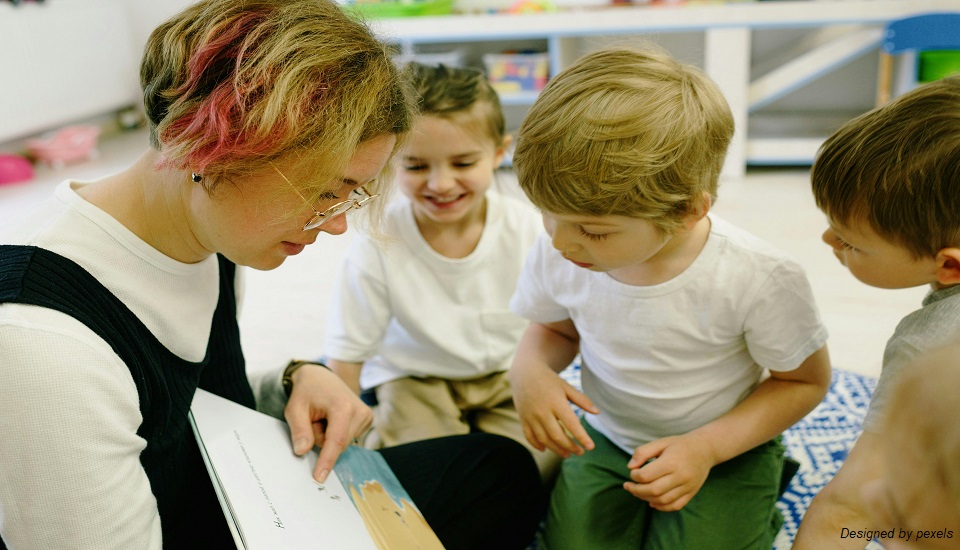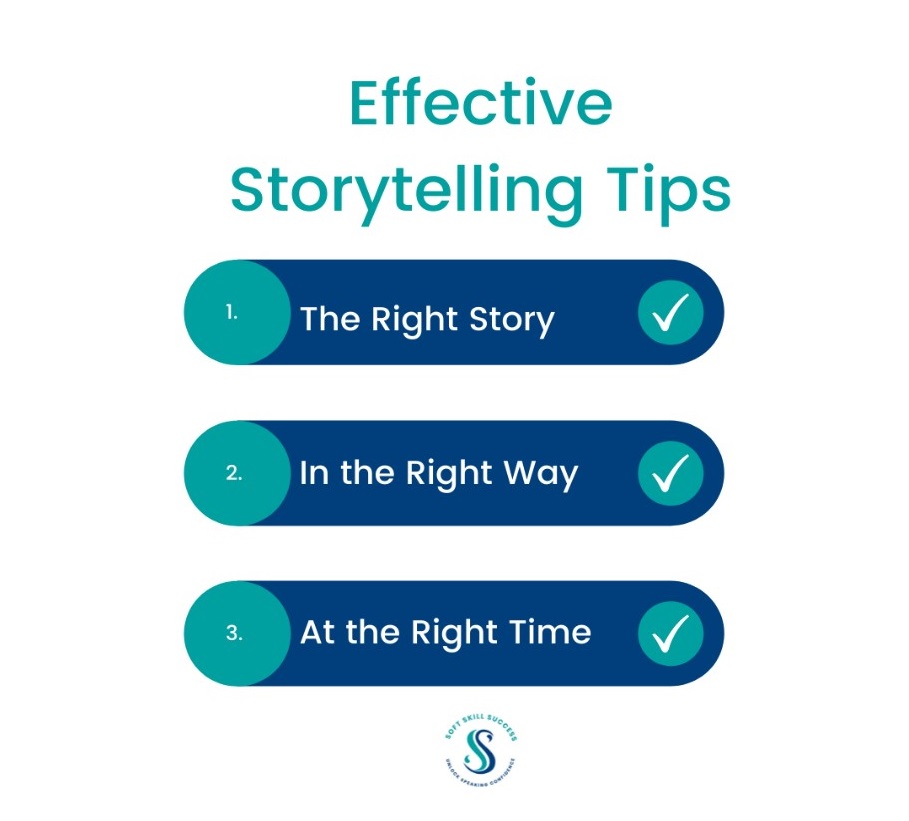
5 Striking Reasons To Use Storytelling In Your Classroom
Everybody's early years included hearing stories told. It's one of the purest and oldest education methods, allowing you to spend important time with your child as a parent. As an educator with a Bachelor of Education in Early Childhood Education, you need to intentionally work to include it into your child's everyday schedule. Not only is storytelling a powerful tool for capturing young learners' attention in early childhood education, but it also offers several developmental advantages.
What Are The Different Forms Of Storytelling?

Here are a few different forms of storytelling, you can use in your classroom:
- Reading books
- Songs
- Nursery rhymes
- Fables
- Cultural Stories
- Using puppets or other characters
- Personal experiences
Do you follow us on Social Media? If not, then you’re missing out on a lot of informative content. We regularly share upgraded educational content, tips, feedback, and more. Check us out by clicking the profiles here - Facebook / Twitter / LinkedIn / Pinterest / Instagram / YouTube
5 Reasons To Incorporate Storytelling In Early Childhood Education
Here is why you should use storytelling to foster development and experience social moments with your students in the classroom:
1. It Improves Language Skills
Telling stories to your kids is an enjoyable way to introduce them to words, syllables, and sounds that they would not often hear in everyday discussions. When you tell stories to your kids, they will pick up on word pronunciation and start to understand the structure and tone of sentences.
Their verbal language will get better if they are reading since they will be using longer sentences and new words more frequently, which is an important part of growing their vocabulary. Switch off between the youngster and yourself to get a variety of advantages.
2. Boosts Child Memory
This is a significant advantage that comes from telling stories to your kids. Children will need to retain the main ideas, characters, and narrative points when listening to a story. This is not a common occurrence in their day-to-day interactions because talks with adults are often prescriptive or descriptive, but they may be constricting when they are with other kids.
Following the story, our caregivers expand on the advantages of memory learning by posing inquiries on the narrative. Children are encouraged to actively strive to recall the plot and to pay attention along the way by doing this.
3. Fosters Cognitive, Creative, And Imaginative Thinking Skills
Children can visualize people and places when stories are spoken to them without the use of pictures or any other kind of visual help. This is critical to their inventive and creative thinking.
Children are pushed to come up with the solution on their own, rather than having a movie or picture do it for them. Children also start asking themselves questions based on the narrative when they are read stories to them.
4. Encourages Enthusiasm
For kids, telling stories in whatever format is an engaging and dynamic exercise. Children start to appreciate learning and connect it with enjoyable activities as they get familiar with the format and subject matter of storytelling.
This is crucial for fostering a positive outlook on education and learning in the future. Additionally, it teaches kids important life skills like critical thinking, understanding, and sitting still while they listen.
5. Develops Moral And Cultural Understanding
Depending on the narrative's subject matter, kids can pick up important moral and cultural lessons. Children are typically highly responsive to the imaginative ways that fables include moral lessons.
Some stories also serve to describe the cultures of various groups and regions. Along with learning about their own cultures, children also start to comprehend that individuals come from other nations, ethnicities, and beliefs.
Weave Fun Into Stories
All curriculum's stories are based on real-world events and issues, which helps students draw connections between the stories and real-world issues and motivates them to go further into a particular subject. As educators with a B.Ed. in Early Childhood Education, you can guarantee deeper learning because of their obvious link to the outside world.
We believe education should be accessible for everyone. That’s why we don’t charge for our blogs. Find the right course that will help you in your career with us, contact us at +66-21055721. You can mail us at act@asiancollegeofteachers.com

